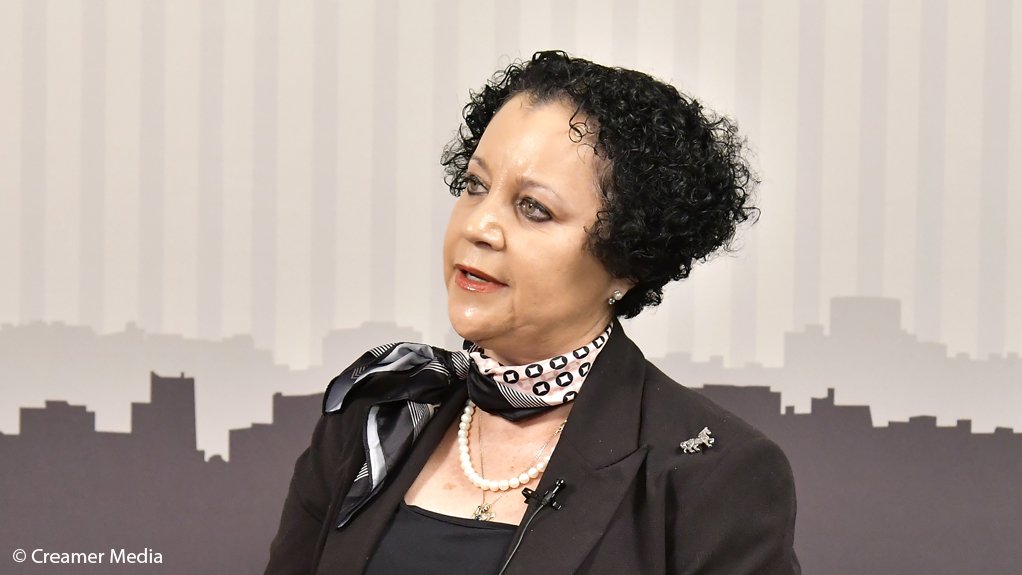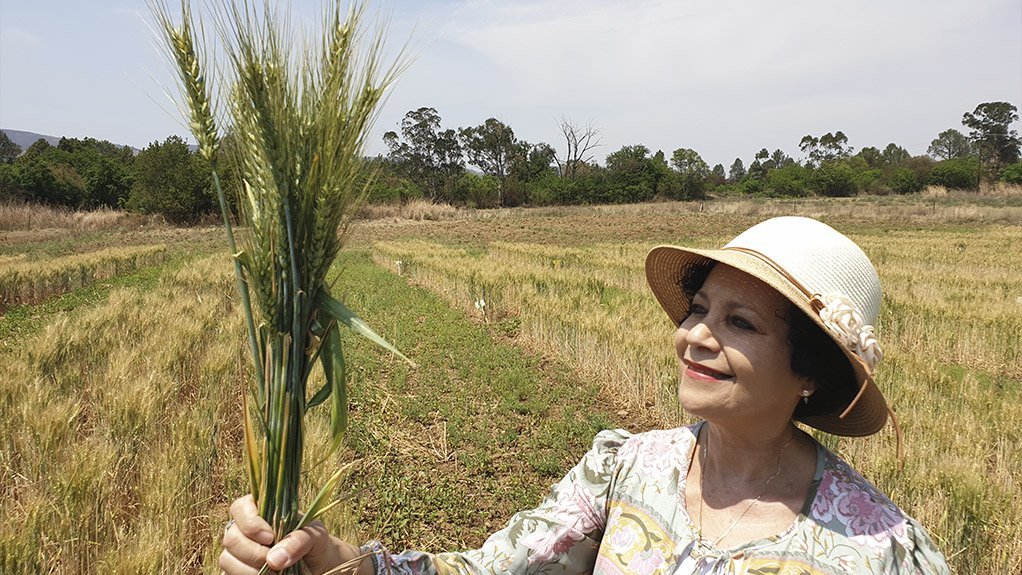JOHANNESBURG (miningweekly.com) – Adelaide Ruiters has been slogging away for ten years to get the world’s first woman-owned phosphate mine up and running. Now, 2024 looks like the year she'll likely do it.
Ribbon-cutting for Adelaide Ruiters Mining and Exploration (ARME) is now expected around June, July – and being considered, possibly before year-end, is an initial public offering (IPO). (Also watch attached Creamer Media video.)
The main activity of ARME for all this time has been phosphate mineral exploration and mine development in Saldanha Bay, with the aim of developing the Zandheuvel project.
From a person whose first job was that of a music teacher, Ruiters is now within a hair’s breadth of fully funding what could be a game-changing, food-critical business venture for South Africa – with value-adding local phosphoric acid production already being pursued.
Ruiters set it all off by going to South Africa’s Council for Geoscience, paying next to nothing for data, obtaining a prospecting right, carrying out exploration, securing a mining right, deploying pilot plants and completing the technical aspects of bankable feasibility studies.
With all that in the background, the last few regulatory boxes are scheduled to be ticked by the end of March to open the way for site preparation.
”Together with our partners, we are creating a new phosphate competency for our country, the Republic of South Africa, and the Southern African Region, to serve the food security and agriculture development needs for the South African people,” is how Ruiters spells out ARME’s mission on the company’s website.
In an interview with Mining Weekly, Ruiters outlined the “very good support” she is receiving from South Africa’s State-owned Industrial Development Corporation, along with the Anglo American Sefa Mining Fund, as well as her joy at having attracted local minority investors ahead of the anticipated IPO.
The plan is to pipe the portion of the phosphate earmarked for exportation four kilometres, to the deep sea Port of Saldana, which is about 200 km north of Cape Town.
“We have done a market study through a company in Europe. We will export some of the product, but we have got a responsibility to also offer it to our local farmers,” said Ruiters.
With environmental friendliness being a personal passion, in the planned flotation process, the use of diesel will be substituted by an organic canola oil derivative. Moreover, the operation will make use of treated effluent water provided by the Saldanha Bay municipality rather than potable water.
IDC funding is also now being sought for the local production of phosphoric acid, preferably in an industrial development zone, “and, of course, we’re looking at a future IPO”.
Employment is on the cards for 393 people.
EMAIL THIS ARTICLE SAVE THIS ARTICLE ARTICLE ENQUIRY
To subscribe email subscriptions@creamermedia.co.za or click here
To advertise email advertising@creamermedia.co.za or click here














